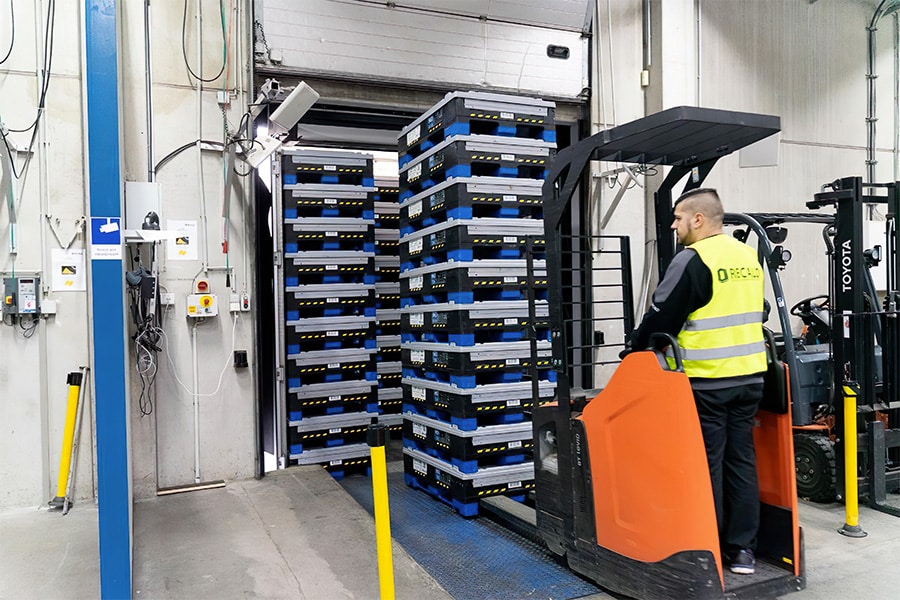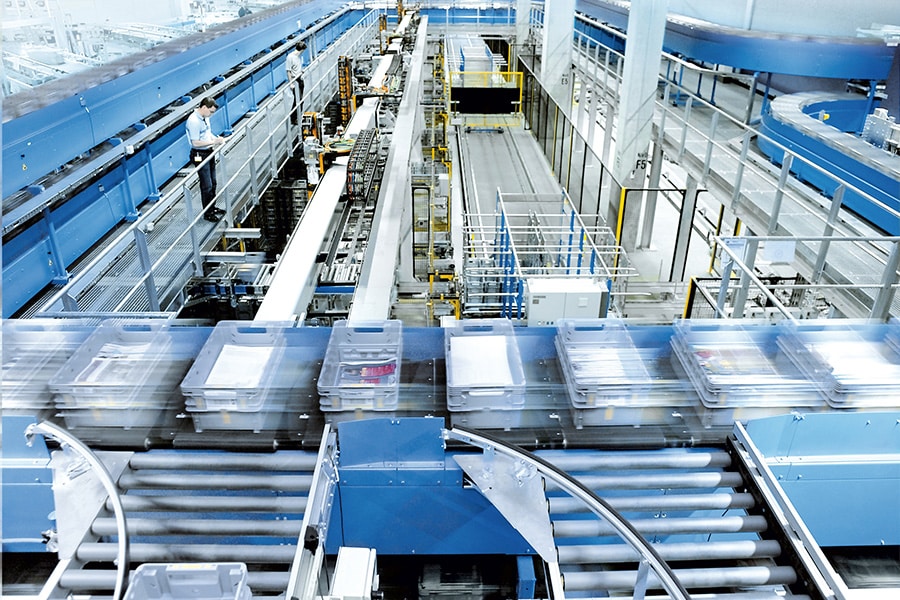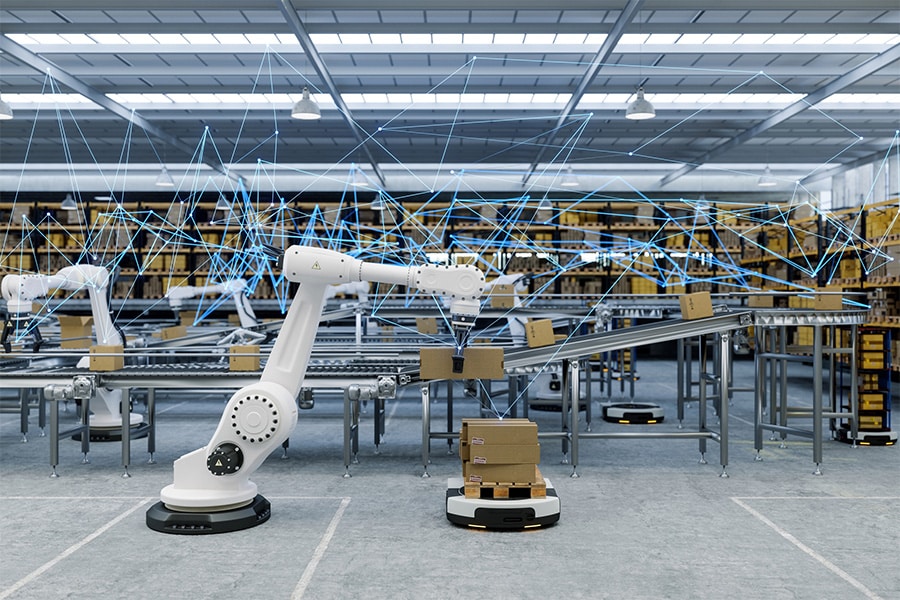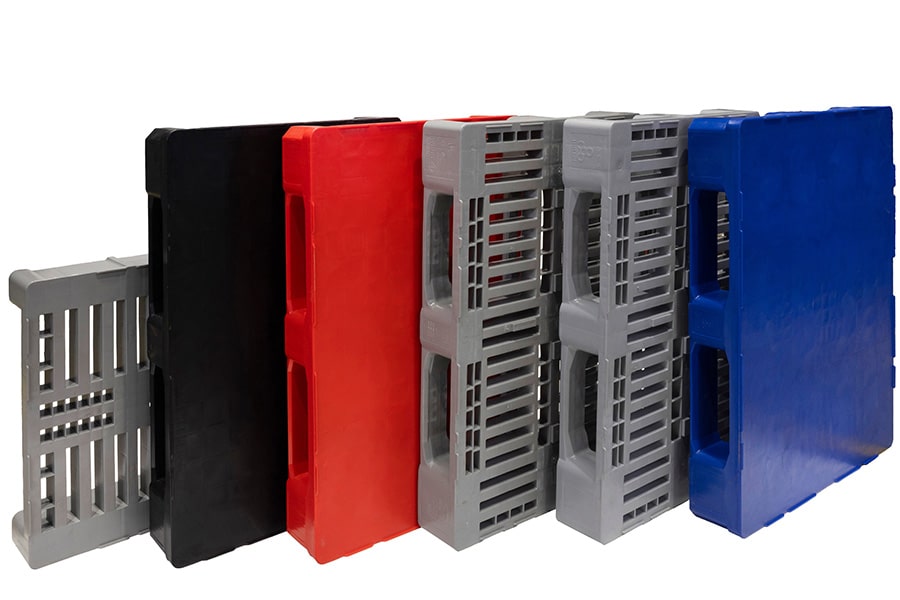
Plastic pallets, the sustainable and smart choice for modern logistics
Increasingly, companies in a variety of industries are making the switch from traditional wooden pallets to durable plastic versions. This is no coincidence. Plastic pallets offer both economic and ecological added value, they know better than anyone at Plastibac.
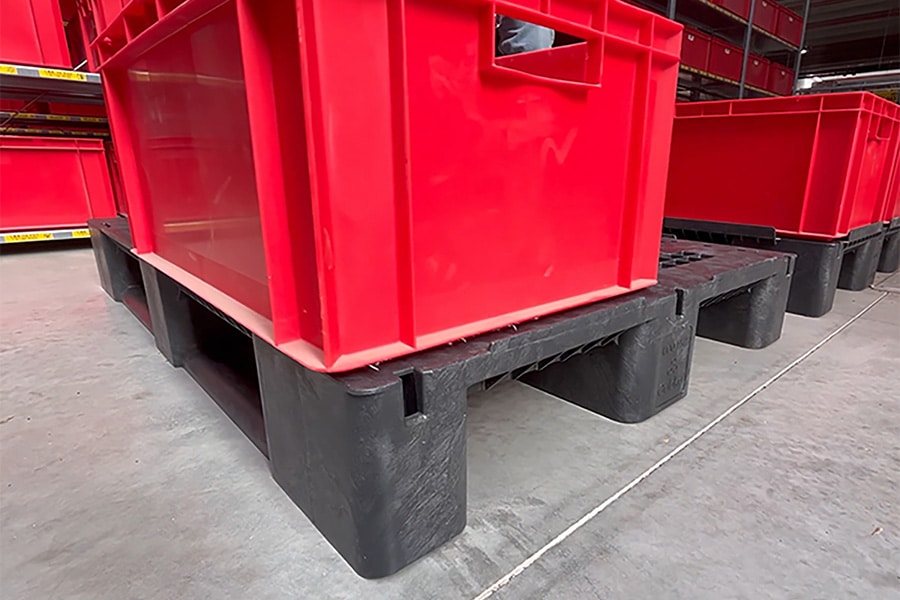
"With plastic pallets, you choose a logistics tool that has an exceptional lifespan. Compared to a wooden pallet, which needs replacing after dozens of turns, with plastic pallets we are talking about 10 to 15 years - with normal use" substantiates Andi Vertriest, Business Unit Manager at Plastibac, a part of the Linumgroup. Plastic pallets are ideally suited for long-term and intensive use. "Plastic pallets are resistant to wear and tear, retain their shape and can be safely used in damp conditions and temperature fluctuations" continues Andi.
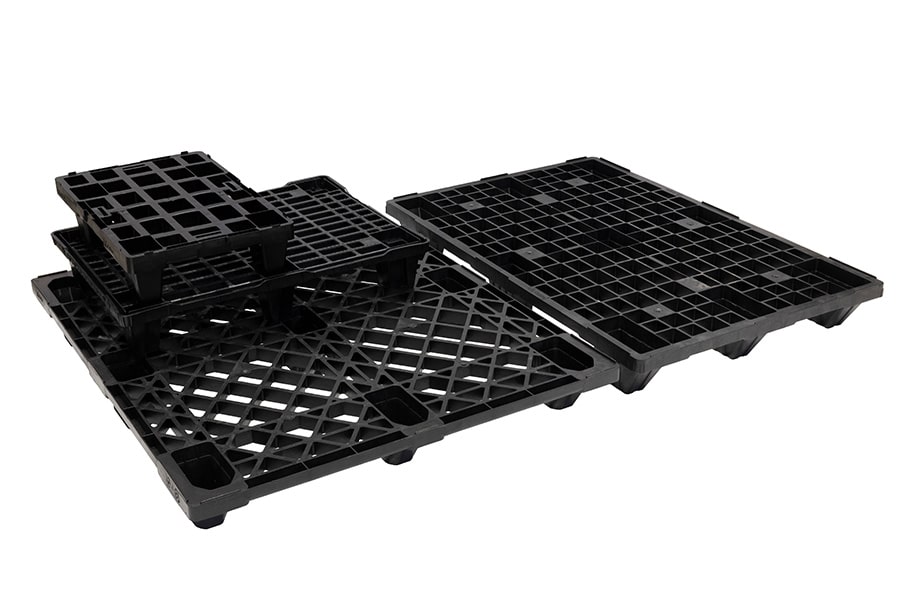
Pillars of the circular economy
The plastic pallets have a robust construction that can withstand a variety of conditions and are therefore reusable many times. At the end of their service life, the pallets are fully recyclable and can be processed into new pallets or plastic products. A textbook example of an investment that goes hand in hand with a circular economy.
"Plastic pallets come in a wide range of models, sizes and load capacities. Whether lightweight one-way pallets or robust variants for heavy industrial loads, there is a suitable model for every application. They are compatible with automatic logistics systems and can be equipped with RFID tags, bar codes,... and can be personalized via screen printing" continues Andi.
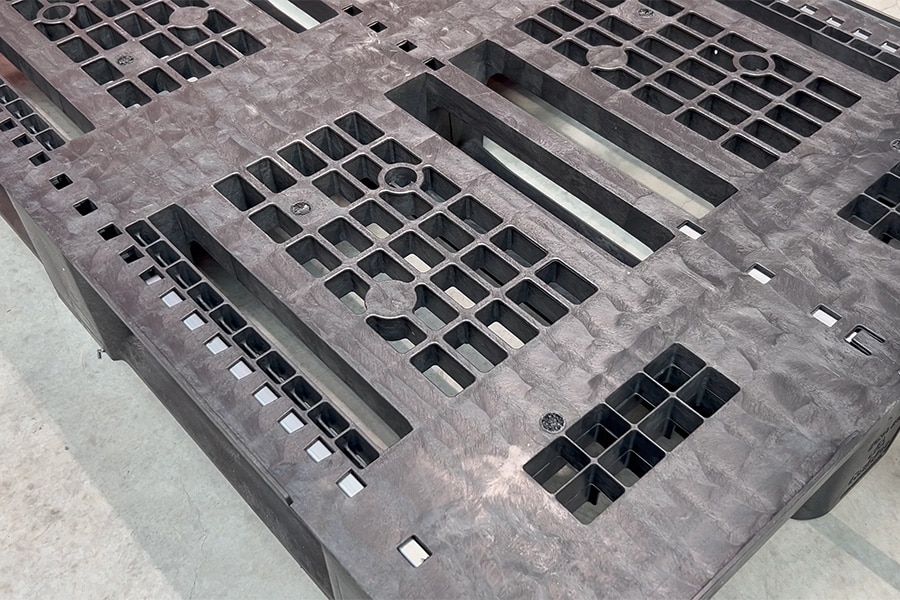
Safer and more hygienic
Unlike wooden pallets, plastic pallets contain no splinters, nails or loose parts. They are easy to clean and resistant to numerous chemicals, making them ideal for sectors where hygiene is crucial, such as the food and pharmaceutical industries.
"Although the initial purchase price of plastic pallets is higher than that of wooden variants, this is more than compensated for by their longer service life, lower maintenance costs and higher frequency of use," Vertriest emphasizes. Companies that consciously choose plastic are at the same time choosing a future-oriented investment that pays off economically, ecologically and operationally.
